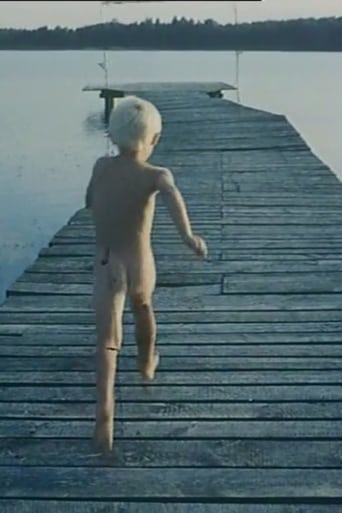
26 May 1998

Silence
A portrait of a family living in a village in Masuria.
The harvest and the seed
The banned and unseen Harvest and Seed is a sardonic look at the conditions of a poverty-stricken Iranian village after the so-called agrarian reforms of the early 1960s, which amounted to a corrupt land grab rather than an equitable redistribution of wealth. This film recorded in village in south of fars, Shiraz, Esmaeel abad
Actor
Actor
Actor
Actor
Actor

26 May 1998

A portrait of a family living in a village in Masuria.
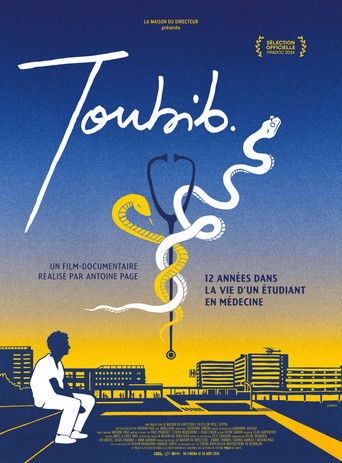
28 Aug 2024

No overview found

27 Jun 2024

In the town of Xoco, the spirit of an old villager awakens in search of its lost home. Along its journey, the ghost discovers that the town still celebrates its most important festivities, but also learns that the construction of a new commercial complex called Mítikah will threaten the existence of both the traditions and the town itself.

01 Dec 2017

The villagers of El Dorado, Argentina, shy away from doctors. Then again, they hardly need one. They have almost as many cures for ailments and illnesses as there are residents in the village. 65 year old Jorge can also cure the most dreaded ailment of them all, the much feared espanto.
04 Dec 2012
A partnership between the Government of Mali and an American agricultural investor may see 200-square kilometers of Malian land transformed into a large-scale sugar cane plantation. Land Rush documents the hopes, fears, wishes, and demands of small-scale subsistence farmers in the region who look to benefit, or lose out, from the deal.
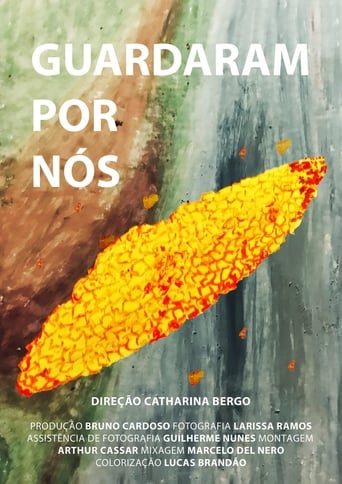
30 Nov 2020

No overview found
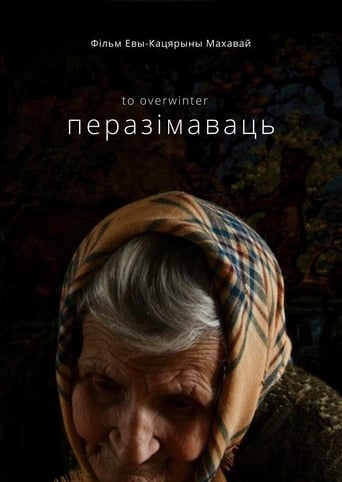
12 Dec 2017

Belarus, Vileika district of Minsk region. Lonely elderly people are leaving for winter to the home of seasonal residence. Each of them carries their own experience and beliefs, but they will have to stay the winter together. The days pass in sicknesses, conversations, watching TV... In mid-winter, there appears a new resident of the house, and the life inside changes.
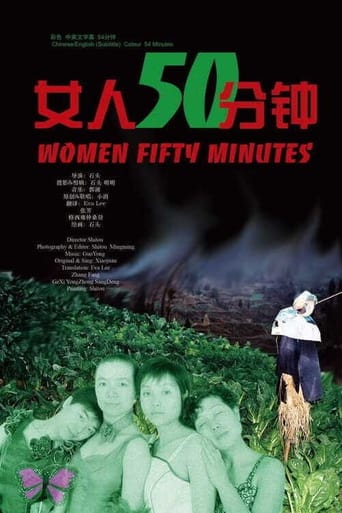
02 Dec 2007

A representation of queer and feminist imagery that was mainly shot in the Qinghai-Tibetan Plateau, remote and developing areas in southwest China, and metropolitan cities like Beijing from 2000 to 2004 to document the social changes in contemporary China. The director sympathetically and erotically represents a variety of women, including women as laborers, women as prayers, women in the ground, women in marriage, and women who lie on the funeral pyre with their dead husbands. Her camera juxtaposes the mountains and rivers in old times, the commercialized handicrafts as exposition, the capital exploitation of the elders’ living space, and the erotic freedom of the young people in a changing city.

19 Apr 2007

The film describes the microcosmos of the small village Wacken and shows the clash of the cultures, before and during the biggest heavy metal festival in Europe.
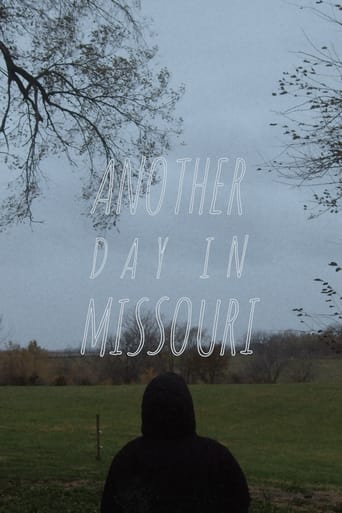
17 Dec 2021

An inside look at Jessica Piper, a Democratic Candidate running for a House seat in District 1 of Missouri. This is a snapshot of her mind and what it feels like to run a campaign in an overlooked place.
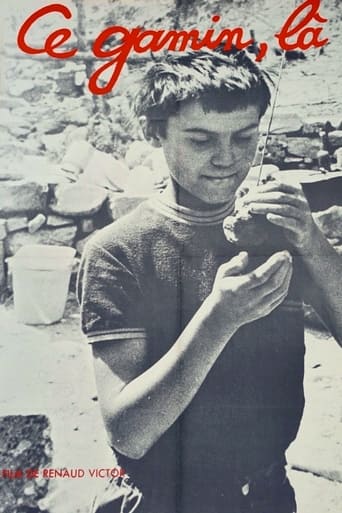
21 Jan 1976

A group of educators led by Fernand Deligny are working to create contact with autistic children in a hamlet of the Cevennes.
16 Feb 2007
No overview found
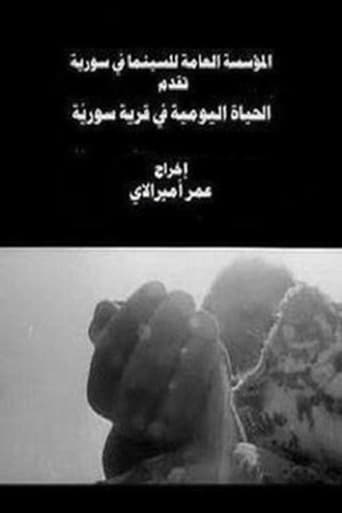
02 Jan 1974

The first documentary to present an unabashed critique of the impact of the Syrian government’s agricultural and land reforms, Everyday Life in a Syrian Village delivers a powerful jab at the state’s conceit of redressing social and economic inequities.
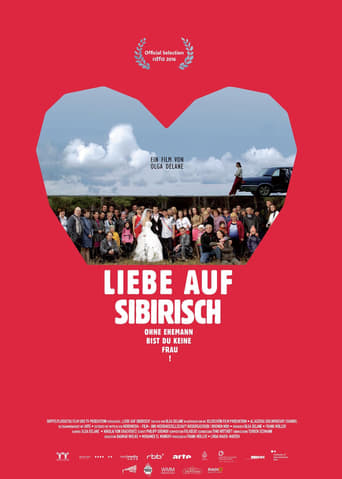
16 Nov 2017

After 20 years of living in Berlin, the director Olga Delane goes back to her roots in a small Siberian village, where she is confronted with traditional views of relationships, life and love. The man is the master in the home; the woman’s task is to beget children and take care of the household (and everything else, too). Siberian Love provides unrivaled insights into the (love) life of a Siberian village and seeks the truth around the universal value of traditional relationships.
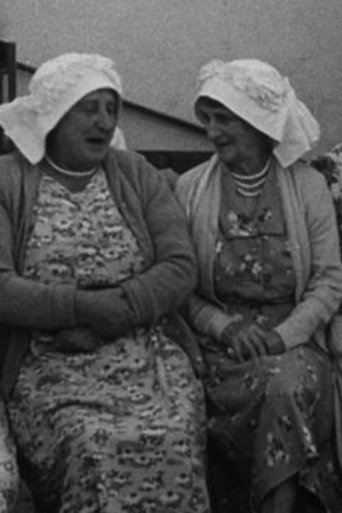
01 May 1962

Take a revealing tour along a coast of contrasts, from the folksy freshness of Whitby to the coaly Tyne, queen of all rivers.
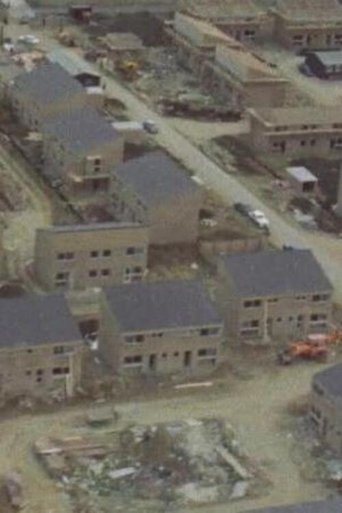
01 Jan 1973

"The most exciting thing going on in Europe, if not the world": welcome to Milton Keynes circa 1973.
No overview found
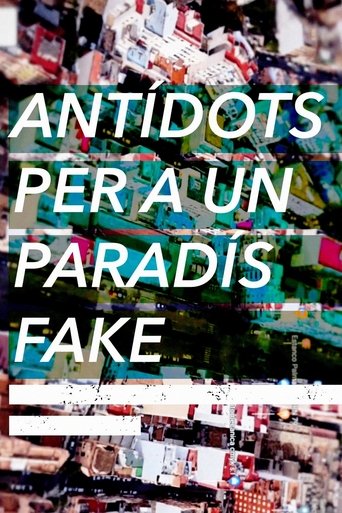
29 Jul 2021

The twelfth edition of the International Meeting of Collective Architectures was held in Palma de Mallorca, in the neighborhoods of La Soledat, Nou Llevant and Es Molinar, at the end of September 2019. The meeting focused on the imposition of false paradises and the description of the current mechanisms of urban transformation that expel people from their neighborhoods.
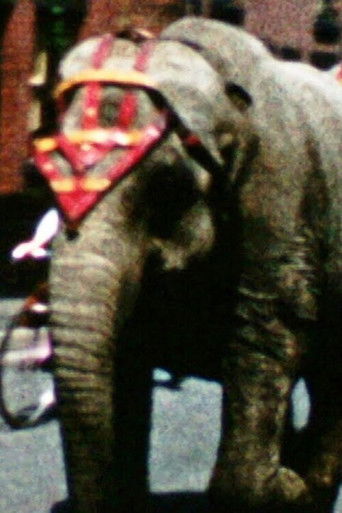
04 Apr 1962

From Well Dressing to Garland Day and even elephants in Alfreton - a celebration of the traditional customs of Derbyshire.
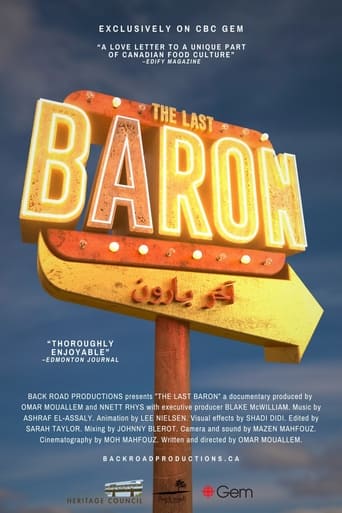
17 Sep 2021

The meaty saga of Burger Baron, a rogue fast-food chain with mysterious origins and a cult following, run by a loose network of fiercely independent Arab Canadian immigrants.